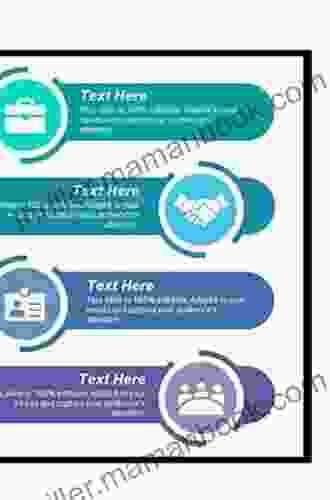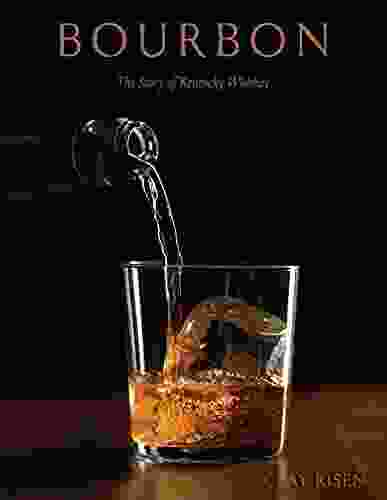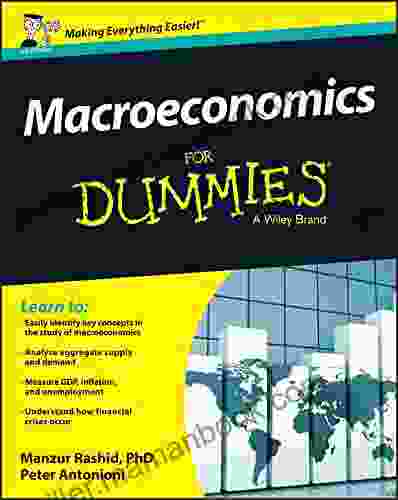Mastering Nursing Health Assessment: A Comprehensive Guide to Best Practice Approaches

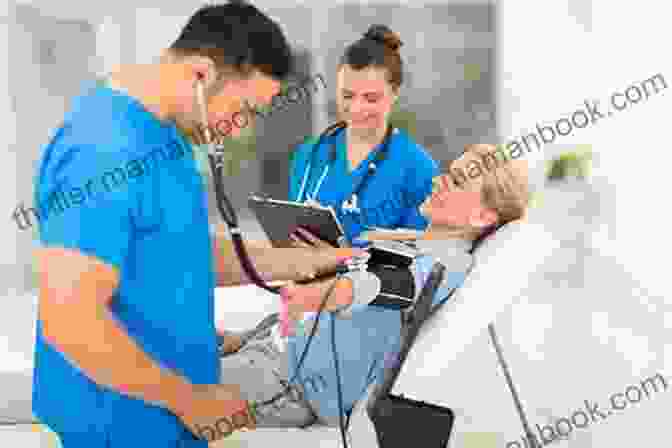
Nursing health assessment is a fundamental skill that enables nurses to gather comprehensive data about their patients' physical, mental, and emotional well-being. This information is essential for developing individualized care plans, monitoring patient progress, and making informed clinical decisions. While the principles of health assessment remain constant, best practices evolve with advancements in healthcare technology and research. This article will delve into the latest best practices in nursing health assessment, providing nurses with an in-depth guide to optimize their assessment skills and deliver exceptional patient care.
4 out of 5
| Language | : | English |
| File size | : | 67955 KB |
| Text-to-Speech | : | Enabled |
| Enhanced typesetting | : | Enabled |
| Print length | : | 2477 pages |
Comprehensive Data Collection
The foundation of accurate health assessment lies in thorough data collection. Nurses must employ a variety of assessment techniques, including:
- Interview: Engaging in open-ended conversations with patients to elicit detailed information about their health history, current symptoms, and concerns.
- Physical Examination: Conducting a systematic examination of the patient's body systems, including vital signs, head-to-toe inspection, and targeted assessments based on patient presentation.
- Review of Medical Records: Accessing and analyzing previous medical records to obtain historical data and identify trends in the patient's health status.
- Diagnostic Testing: Ordering and interpreting diagnostic tests, such as blood work, imaging studies, and biopsies, to confirm or rule out specific diagnoses.
Nurses should prioritize active listening and empathetic communication during data collection. Building rapport with patients fosters trust and enhances the accuracy of information provided.
Evidence-Based Practice
Contemporary health assessment practices are rooted in evidence-based research. Nurses must stay abreast of the latest clinical guidelines and incorporate them into their assessment protocols. For instance, the Centers for Disease Control and Prevention (CDC) recommends using the HEADSS-5 screening tool to assess adolescent patients for risk factors related to suicide, substance abuse, and mental health.
Adopting evidence-based practices ensures that nurses are utilizing the most effective methods for data collection and interpretation, ultimately leading to improved patient outcomes.
Cultural Sensitivity
Nursing health assessment must be conducted with cultural sensitivity. Nurses need to recognize and respect the diverse beliefs, values, and practices of their patients. This includes understanding how cultural factors can influence health behaviors, symptom reporting, and treatment preferences.
Cultural sensitivity can be fostered through:
- Actively listening to patients' perspectives and experiences.
- Asking open-ended questions to elicit cultural information.
- Partnering with cultural interpreters to facilitate communication.
- Understanding the cultural beliefs and practices related to health and illness.
By acknowledging and honoring cultural differences, nurses can create a safe and respectful assessment environment that promotes patient engagement and understanding.
Interdisciplinary Collaboration
Effective health assessment often requires collaboration with other healthcare professionals. Nurses should consult with physicians, specialists, and other members of the healthcare team to obtain a comprehensive view of the patient's condition.
Interdisciplinary collaboration enhances:
- Diagnostic accuracy through shared expertise.
- Provision of timely and appropriate interventions.
- Development of comprehensive care plans that address all aspects of the patient's health.
- Enhanced patient outcomes through coordinated care.
Nurses should actively participate in team discussions, share their findings, and seek input from other healthcare providers to optimize patient assessment and management.
Technology Integration
Advancements in healthcare technology have significantly impacted health assessment practices. Nurses can now utilize electronic health records (EHRs),mobile devices, and telehealth platforms to improve the efficiency and effectiveness of their assessments.
Technology integration offers:
- Automated data collection and documentation.
- Access to real-time patient information.
- Telehealth assessments for remote patient monitoring.
- Improved communication and collaboration with patients and other healthcare providers.
Nurses must remain proficient in the use of healthcare technology to leverage its benefits and enhance the quality of health assessments.
Critical Thinking and Clinical Judgment
Nursing health assessment is not merely a collection of data; it requires critical thinking and clinical judgment. Nurses must analyze the information they gather, identify patterns, and make informed s about the patient's condition.
Critical thinking skills include:
- Synthesizing multiple sources of information.
- Evaluating the credibility and relevance of data.
- Formulating differential diagnoses.
- Prioritizing nursing interventions based on assessment findings.
Clinical judgment is the ability to apply knowledge, experience, and intuition to make sound clinical decisions. Nurses must trust their gut instincts while ensuring their decisions are evidence-based and patient-centered.
Documentation and Communication
Accurate and comprehensive documentation is essential for effective health assessment. Nurses must meticulously record their findings, including objective observations, subjective patient reports, and their analysis and s.
Effective communication involves:
- Using clear and concise language.
- Organizing documentation in a logical format.
- Communicating assessment findings to patients, families, and other healthcare providers.
- Documenting changes in the patient's condition and the rationale for any interventions.
Proper documentation ensures continuity of care, informs decision-making, and facilitates effective communication among healthcare professionals.
Continuous Quality Improvement
Nursing health assessment is an ongoing process that requires continuous quality improvement (CQI). Nurses should regularly evaluate their assessment practices and seek opportunities to enhance their skills and knowledge.
CQI involves:
- Identifying areas for improvement through self-assessment and feedback from colleagues.
- Researching best practices and incorporating them into assessment protocols.
- Participating in professional development activities to stay abreast of advancements in health assessment.
- Seeking feedback from patients and using it to improve the patient experience.
By embracing CQI, nurses can consistently deliver high-quality health assessments that positively impact patient care.
Nursing health assessment is a dynamic and multifaceted skill that requires nurses to master a wide range of techniques and approaches. By adhering to best practices, including comprehensive data collection, evidence-based practice, cultural sensitivity, interdisciplinary collaboration, technology integration, critical thinking, documentation, communication, and CQI, nurses can provide exceptional care to their patients. This article has provided a comprehensive guide to best practices in nursing health assessment, equipping nurses with the knowledge and skills they need to excel in this fundamental aspect of nursing practice.
4 out of 5
| Language | : | English |
| File size | : | 67955 KB |
| Text-to-Speech | : | Enabled |
| Enhanced typesetting | : | Enabled |
| Print length | : | 2477 pages |
Do you want to contribute by writing guest posts on this blog?
Please contact us and send us a resume of previous articles that you have written.
 Top Book
Top Book Novel
Novel Fiction
Fiction Nonfiction
Nonfiction Literature
Literature Paperback
Paperback Hardcover
Hardcover E-book
E-book Audiobook
Audiobook Bestseller
Bestseller Classic
Classic Mystery
Mystery Thriller
Thriller Romance
Romance Fantasy
Fantasy Science Fiction
Science Fiction Biography
Biography Memoir
Memoir Autobiography
Autobiography Poetry
Poetry Drama
Drama Historical Fiction
Historical Fiction Self-help
Self-help Young Adult
Young Adult Childrens Books
Childrens Books Graphic Novel
Graphic Novel Anthology
Anthology Series
Series Encyclopedia
Encyclopedia Reference
Reference Guidebook
Guidebook Textbook
Textbook Workbook
Workbook Journal
Journal Diary
Diary Manuscript
Manuscript Folio
Folio Pulp Fiction
Pulp Fiction Short Stories
Short Stories Fairy Tales
Fairy Tales Fables
Fables Mythology
Mythology Philosophy
Philosophy Religion
Religion Spirituality
Spirituality Essays
Essays Critique
Critique Commentary
Commentary Glossary
Glossary Bibliography
Bibliography Index
Index Table of Contents
Table of Contents Preface
Preface Introduction
Introduction Foreword
Foreword Afterword
Afterword Appendices
Appendices Annotations
Annotations Footnotes
Footnotes Epilogue
Epilogue Prologue
Prologue Clay Risen
Clay Risen Don Hossler
Don Hossler Worth Books
Worth Books Nicole Zoltack
Nicole Zoltack Bertolt Brecht
Bertolt Brecht Timothy Zahn
Timothy Zahn Penelope Sky
Penelope Sky Annie Jacobsen
Annie Jacobsen Cheryl Day
Cheryl Day April Hazard Vallerand
April Hazard Vallerand Jeanine M Staples
Jeanine M Staples Camille Fournier
Camille Fournier R J Palacio
R J Palacio Charlotte Bingham
Charlotte Bingham Mellinee Lesley
Mellinee Lesley Francis D K Ching
Francis D K Ching B E Baker
B E Baker Jl Merrow
Jl Merrow Sharon Jensen
Sharon Jensen Ramy Vance
Ramy Vance
Light bulbAdvertise smarter! Our strategic ad space ensures maximum exposure. Reserve your spot today!
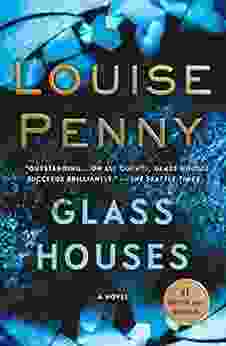
 Joel MitchellUncover the Gripping Mystery within Glass Houses: Chief Inspector Gamache...
Joel MitchellUncover the Gripping Mystery within Glass Houses: Chief Inspector Gamache... Duane KellyFollow ·10.9k
Duane KellyFollow ·10.9k Colton CarterFollow ·19.8k
Colton CarterFollow ·19.8k Jamie BellFollow ·7.8k
Jamie BellFollow ·7.8k Arthur Conan DoyleFollow ·10.1k
Arthur Conan DoyleFollow ·10.1k Bruce SnyderFollow ·4.7k
Bruce SnyderFollow ·4.7k Heath PowellFollow ·16.9k
Heath PowellFollow ·16.9k Miguel de CervantesFollow ·11.5k
Miguel de CervantesFollow ·11.5k Damon HayesFollow ·11k
Damon HayesFollow ·11k

 Caleb Carter
Caleb CarterThe Complete Beagle Dog Beginners Guide: Beagle Facts,...
Beagles are...
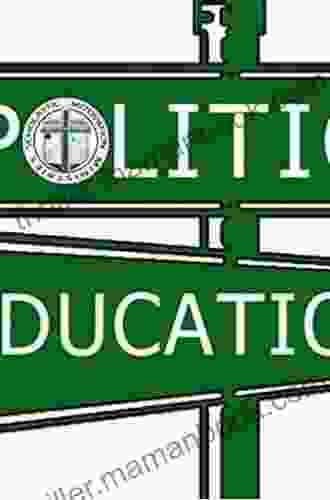
 Gage Hayes
Gage HayesThe Origins and Evolution of No Child Left Behind:...
The No Child Left Behind...

 George Martin
George MartinThe Love Pirates: A Swashbuckling Tale of Love,...
The Love Pirates is a thrilling...

 Nathaniel Hawthorne
Nathaniel HawthorneDifferentiating the Curriculum for Gifted Learners:...
Gifted learners are...
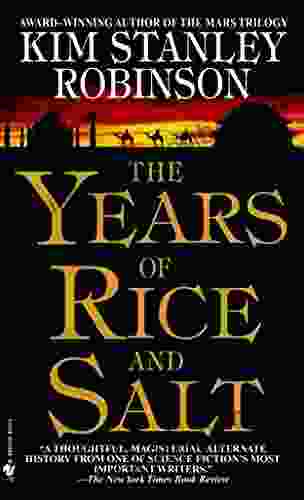
 Carlos Fuentes
Carlos FuentesThe Years of Rice and Salt: A Journey Through a Forgotten...
The Years of Rice and Salt is...
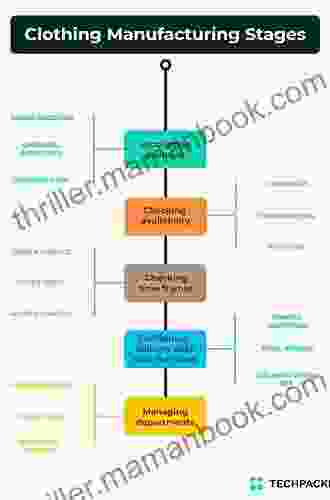
 Herbert Cox
Herbert CoxThe Intricate Design of Clothing Manufacturing Processes:...
The clothing industry is a vast and...
4 out of 5
| Language | : | English |
| File size | : | 67955 KB |
| Text-to-Speech | : | Enabled |
| Enhanced typesetting | : | Enabled |
| Print length | : | 2477 pages |


